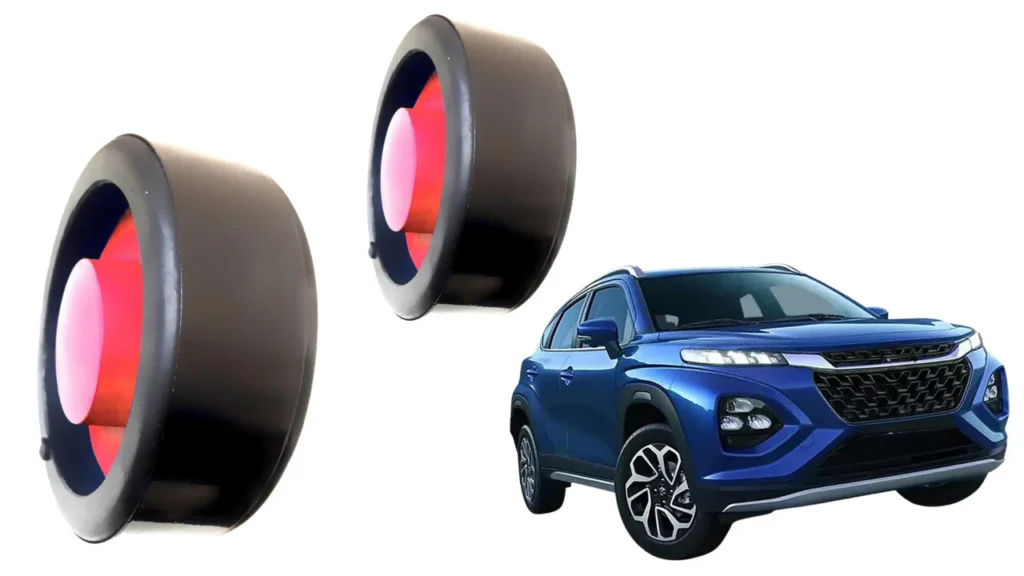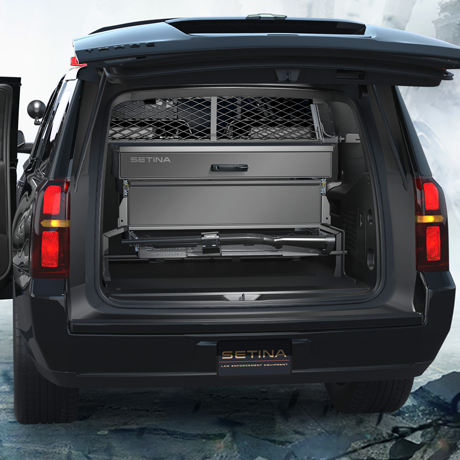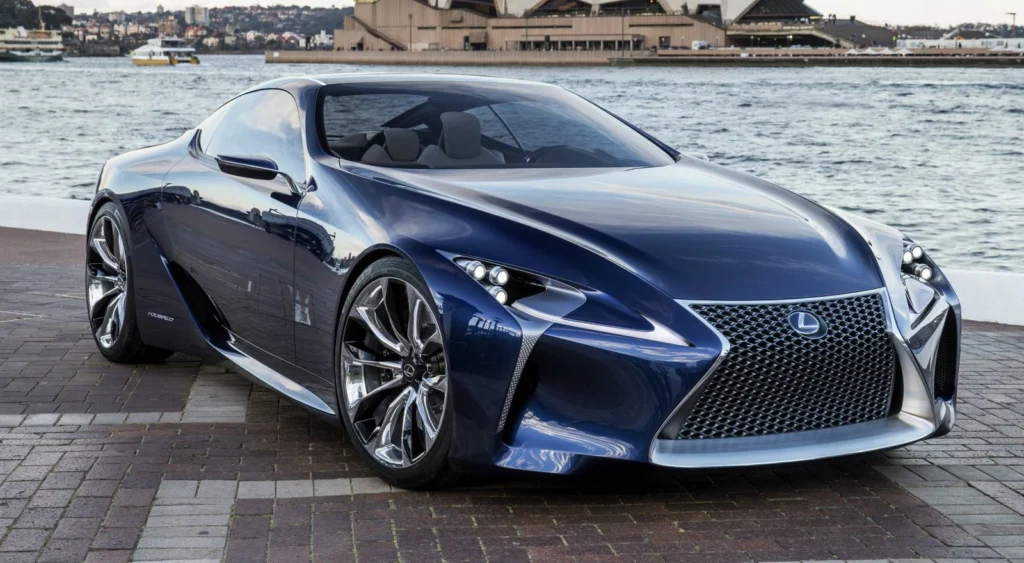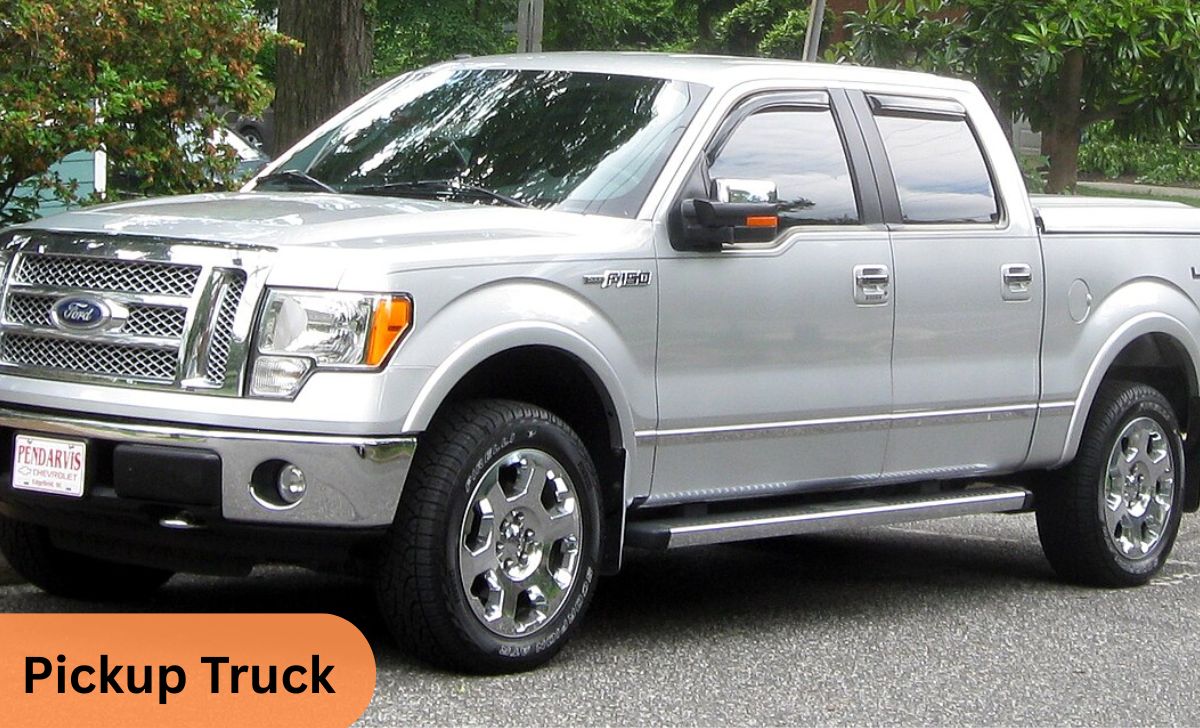When it comes to buying a new vehicle, one of the biggest decisions many drivers face is whether to purchase a pickup truck or an SUV. Both vehicle types dominate the market because of their size, durability, and versatility.
However, they are designed with different purposes in mind. Pickup trucks are traditionally used for work-related needs such as hauling and towing, while SUVs are more family oriented, focusing on passenger comfort and long-distance travel.
Understanding the advantages and limitations of each can help you make a decision that suits your lifestyle and budget.
A pickup truck is best for heavy hauling, towing, and work use, while an SUV suits families with comfort, fuel efficiency, and everyday practicality.
In This Article We Discuss”Pickup Truck”
Pickup Trucks vs SUVs- Key Differences
The fundamental difference between a pickup truck and an SUV is in their build and primary function. Pickup trucks are designed as workhorses, with open cargo beds, stronger frames, and higher towing capacity.
SUVs, on the other hand, are built as enclosed passenger vehicles, providing a balance between comfort, off road capability, and fuel efficiency.
SUVs are often the go to choice for families, while trucks appeal to professionals, outdoor adventurers, and those who need heavy duty performance.
Body Dimensions and Design
Pickup trucks generally have longer wheelbases and taller frames. Their rugged design is optimized for strength, with a reinforced chassis capable of handling heavy loads. Trucks also stand out with their open cargo beds, which make them look longer and more muscular.
SUVs, however, focus on a sleeker, enclosed design. They are available in compact, mid-size, and full-size models, giving consumers more variety in terms of size and usability. The design difference is often the first thing buyers notice when comparing these two types of vehicles.
Height and Ground Clearance

Pickup trucks are usually taller with high ground clearance, which makes them excellent for off-road adventures, construction sites, or uneven rural terrains. This elevated build provides a commanding view of the road but can make entry and exit slightly harder for some people.
SUVs vary greatly in height. Compact SUVs are easier to handle and park, while full-size SUVs provide both ground clearance and spacious interiors.
For city driving, lower SUVs are often more practical, but for rugged environments, trucks generally offer better clearance.
Interior Space and Comfort
SUVs are designed with passenger comfort as a top priority. They often include multiple rows of seats, climate control systems for different zones, leather interiors, and advanced infotainment systems.
Many modern SUVs provide a luxury feel that competes with high end sedans. Pickup trucks are improving in this area, especially with crew cab models that offer spacious back seats and modern interiors. However, most trucks still lean toward practicality, with comfort taking a secondary role to utility.
Passenger Capacity Comparison
When it comes to seating, SUVs win hands down. Most mid-size SUVs comfortably seat five passengers, while larger models can seat seven to eight with third-row seating.
Trucks, especially extended or crew cab versions, can seat five or six passengers, but the main focus remains on functionality rather than maximizing seating.
Families with children often prefer SUVs for this reason, while trucks attract buyers who need more cargo space than passenger seating.
Storage and Cargo Options

One of the biggest differences between SUVs and trucks lies in cargo space. Pickup trucks dominate this category with their open cargo beds, which allow for oversized or oddly shaped items like furniture, building materials, or heavy equipment.
SUVs provide enclosed cargo areas that are flexible with foldable seats, but the storage is limited compared to a truck bed. If your daily activities involve transporting gear or tools, a truck is better. For groceries, luggage, and sports equipment, SUVs provide more than enough space.
Towing Capacity Explained
Towing is one of the strongest selling points of pickup trucks. They are engineered for hauling trailers, boats, and even heavy machinery.
For example, the Ford F-150 and RAM 1500 can tow more than 10,000 pounds (4,500 kg). SUVs also tow, but their limits are generally lower, averaging between 3,000 to 5,000 pounds.
Full-size SUVs like the Chevrolet Tahoe or Toyota Land Cruiser offer strong towing power but still fall short of most trucks.
Payload Capacity Comparison
Payload refers to how much weight a vehicle can carry in its cabin and cargo area. Pickup trucks are designed for higher payloads, making them essential for construction workers, movers, or anyone needing to carry heavy equipment.
SUVs, while versatile, are more suited to lighter loads such as personal belongings, sports gear, or small trailers.
Engine Power and Performance

Pickup trucks often come with V6 or V8 engines that provide high torque and horsepower. These engines are essential for towing and heavy duty performance.
SUVs focus on a balance of power and efficiency, with many models offering turbocharged four cylinder engines or hybrid systems.
While SUVs can accelerate smoothly and handle long trips, trucks are unmatched when it comes to raw power and endurance.
Off-Road Capabilities
Both trucks and SUVs can be excellent off-road vehicles. Trucks, with their higher clearance and rugged build, perform exceptionally well on tough terrains.
However, SUVs like the Jeep Wrangler, Land Rover Defender, or Toyota Land Cruiser are specifically built for off road adventures and often come with features like locking differentials, hill descent control, and all-terrain tires.
The choice here depends on whether you want an all-purpose family vehicle with occasional off-road use or a workhorse that handles rugged conditions daily.
Fuel Efficiency and Mileage
Fuel economy is where SUVs have the upper hand. Compact SUVs can deliver over 30 miles per gallon (12 km/L), while larger SUVs average around 20-25 MPG (8-10 km/L). Pickup trucks, due to their larger engines and weight, generally fall in the 15-20 MPG (6-8 km/L) range.
However, new technologies, including hybrid trucks and electric models like the Ford F-150 Lightning, are slowly bridging this gap.
Safety Features in SUVs vs Trucks
SUVs often lead in safety technology, as they are marketed toward families. Features like lane-keeping assist, adaptive cruise control, blind-spot monitoring, and pedestrian detection are standard in many models.
Trucks now also come with advanced safety features, but many entry level models still prioritize durability and towing features over cutting-edge safety tech.
Technology and Connectivity
In terms of tech, SUVs often provide more entertainment and driver assistance features. Touchscreen infotainment, Apple CarPlay, Android Auto, and Wi-Fi hotspots are common.
Trucks are improving rapidly in this area, with some offering trailer assist systems, multi view cameras, and advanced navigation features for work purposes.
Customization and Accessories
Pickup trucks are highly customizable, with options like bed liners, toolboxes, lift kits, off-road suspensions, and even custom lighting.
SUVs, meanwhile, focus more on luxury accessories such as panoramic sunroofs, leather interiors, premium sound systems, and rear seat entertainment. Truck owners often upgrade for utility, while SUV buyers upgrade for comfort.
Cost and Value for Money

The price range varies greatly. Compact SUVs are affordable for most buyers, while luxury SUVs can cost as much as high-end trucks. Pickup trucks often cost more upfront due to their size and power, but they hold their value longer, especially if maintained well.
Trucks are also seen as investments for people who use them for work. SUVs provide better value for families who want an all in one vehicle.
Maintenance and Running Costs
SUVs generally have lower running costs because of better fuel efficiency and smaller engines. Trucks require more frequent servicing, especially if used for heavy duty work. However, trucks are built tough and can last longer when maintained properly.
Over the long term, both vehicles can be reliable, but SUVs will usually cost less in fuel and insurance.
Pickup Truck Terminology Guide
Understanding truck terminology helps new buyers:
- Payload: Maximum weight a truck can carry.
- Towing Capacity: Maximum weight a truck can pull.
- Crew Cab: A truck with four full-size doors and spacious rear seating.
- Dually: A truck with dual rear wheels for extra stability.
- Lift Kit: Modification to raise the height of the truck.
Popular Pickup Trucks and SUVs in 2025
- Top Trucks: Ford F-150, RAM 1500, Toyota Tacoma, GMC Sierra, Chevrolet Silverado.
- Top SUVs: Jeep Grand Cherokee, Toyota Land Cruiser, Chevrolet Tahoe, Nissan Patrol, Subaru Outback.
Conclusion
Your choice between a pickup truck and an SUV depends on your lifestyle. If you need power, towing, and durability for work or adventure, a pickup truck is the best option. If you prioritize comfort, passenger space, fuel efficiency, and family-friendly features, an SUV is the smarter choice.
In 2025, both vehicle types offer impressive advancements, making it easier than ever to find a model that perfectly matches your needs.
FAQs
1. What is the main difference between a pickup truck and an SUV?
A pickup truck is built mainly for towing and hauling heavy loads, while an SUV focuses on passenger comfort and versatility. Trucks offer open beds, and SUVs provide enclosed cargo areas.
2. Which is better for family use- pickup or SUV?
SUVs are better for families because they offer more seating, better comfort, and safety features. Pickups usually have less passenger space compared to SUVs.
3. Do pickup trucks have better towing power than SUVs?
Yes, pickup trucks generally have higher towing capacities due to stronger engines and frames. SUVs can tow too, but they are not built for extremely heavy loads.
4. Which vehicle type gives better mileage?
SUVs usually deliver better fuel efficiency compared to pickups. Pickup trucks consume more fuel because of their larger engines and heavier builds.
5. Are pickups harder to drive in cities?
Yes, pickups are bigger and harder to maneuver in tight spaces. SUVs, with shorter wheelbases, handle better in urban driving conditions.
6. What is a crew cab in a pickup truck?
A crew cab is a pickup design with four full-size doors and spacious back seats. It offers more passenger comfort while still providing truck utility.
7. Why do some trucks have dual rear wheels?
Trucks with dual rear wheels, called “dually,” provide extra stability and handle very heavy loads. They are often used for construction or large trailer hauling.
8. Which lasts longer- pickup trucks or SUVs?
Both can last long with maintenance, but pickups are usually more durable for heavy-duty work. SUVs are designed for balanced comfort and moderate durability.
9. Are SUVs better for off-roading than pickups?
Both can be good, but compact pickups and SUVs like Jeep Grand Cherokee or Toyota Tacoma are popular off road choices. It depends on terrain and modifications.
10. Which is the best choice for daily driving?
For daily city driving, SUVs are more practical with better comfort and mileage. Pickups are better suited if your lifestyle includes towing or heavy hauling.
Read more
Fourscore Coffee—A Complete Guide for Coffee Lovers!
Why German Shorthaired Pointer SC is the Extraordinary Dog You Need to Know!
Delta Flight DL275 Diverted LAX—A Complete Story and Insights!
CLCU Online and Modern Digital Credit Union Banking – Everything You Need to Know



